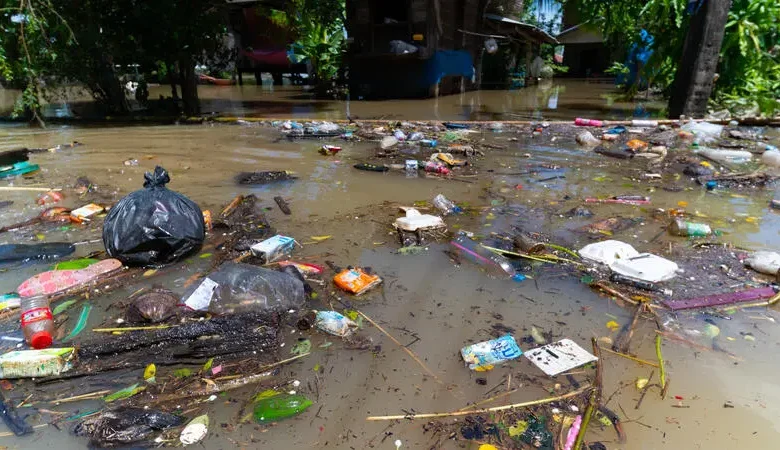African children die of water-borne diseases: UNICEF

UNICEF warned that disease caused by polluted water, lack of sanitation and poor hygiene could increase deaths among children in 10 African nations.
A UNICEF analysis, published on the global agency’s website, showed that more than 1,000 children under the age of five die every day from water, sanitation and hygiene-related diseases.
The analysis also showed that 190 million children in 10 African countries are most at risk of convergence from three water-related threats.
According to UNICEF, the threats are related to inadequate water, sanitation and hygiene (WASH); related diseases; and climatic risks.
The 10 are namely Benin, Burkina Faso, Cameroon, Chad, Côte d’Ivoire, Guinea, Mali, Niger, Nigeria, and Somalia.
All 10 nations are classified as fragile or extremely fragile.
The report revealed that instability and armed conflict in some of the 10 African countries exacerbate children’s access to clean water and sanitation, thus increasing their risk of contracting deadly diseases.
Additionally, storms and floods contribute to the destruction of facilities and homes, pollute water resources, create hunger crises, and spread diseases.
Across the 10 hotspots, nearly one-third of the children do not have access to the least basic water for households. Two-thirds do not have basic sanitation services. A quarter of children have no choice, but to practice open defecation, the UNICEF said in its report.
The report even warned that the future may be bleaker in the absence of urgent measures in this regard.










